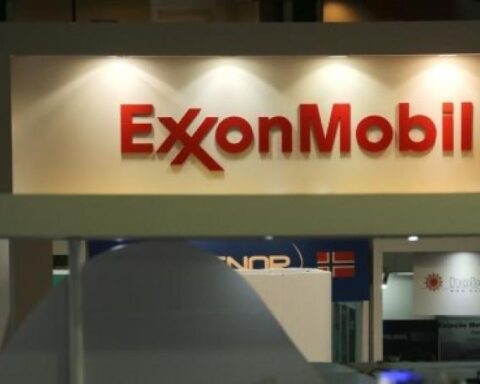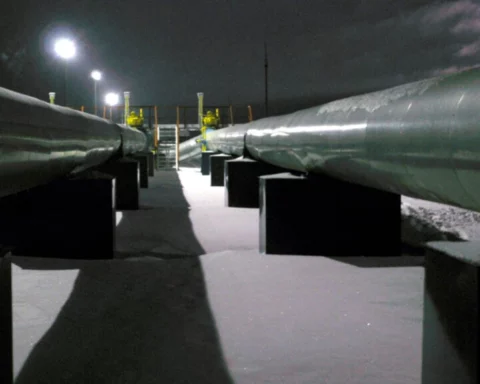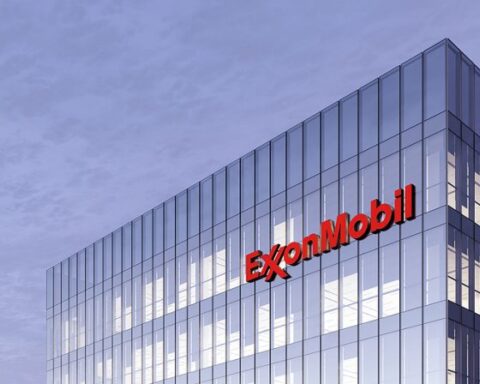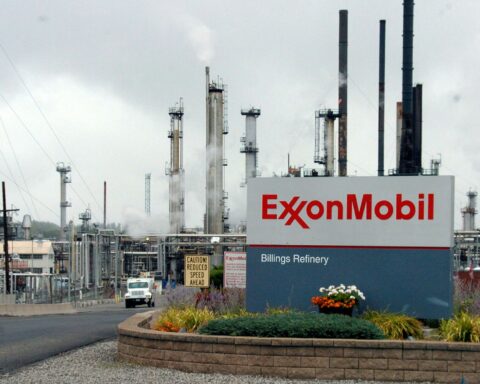IRVING, Texas – ExxonMobil said today it has signed an agreement with an independent validator, non-profit MiQ, to begin the certification process for natural gas produced at its Permian Basin facilities at Poker Lake, New Mexico. Certified natural gas validates emissions reduction efforts and helps customers meet their emissions goals.
MiQ is a partnership between RMI, formerly the Rocky Mountain Institute, and SYSTEMIQ, a global sustainability consultancy. It developed and maintains the “MiQ Standard,” a framework that assesses and grades methane intensity, enhanced monitoring technology deployment, and operating practices that promote a culture of emissions management and continuous improvement. A MiQ accredited independent auditor performs the assessment, and MiQ issues tradeable certificates based on the grade achieved.
“We are reducing methane emissions responsibly and economically, and by working with MiQ, we can provide our customers with credible third-party validation of those efforts,” said Bart Cahir, senior vice president of unconventional at ExxonMobil. “As we improve our operations, certifying our natural gas will help our customers achieve their goals and support a lower-carbon future.”
ExxonMobil has selected Poker Lake for certification because of the wide range of technology solutions already in place, scale advantages, proximity to nearby markets, and growth potential as production in New Mexico increases. The company has expanded use of aerial LiDARTMimaging and SOOFIE methane detection technologies in the region and is evaluating additional next-generation applications, including satellites and artificial intelligence, as part of its ongoing initiatives to find smarter and faster ways to detect and mitigate emissions.
Approximately 200 million cubic feet of natural gas per day from Poker Lake will be assessed and certified. The certified natural gas could be available to customers by fourth quarter 2021. ExxonMobil is considering expanding certification to include other Permian Basin fields and shale production areas, including Appalachia and Haynesville.
“We’re pleased to be working with ExxonMobil at Poker Lake and look forward to a fruitful long-term partnership that creates a differentiated, more transparent and cleaner gas market,” said Georges Tijbosch, senior advisor at MiQ. “These steps and the rapid reduction of methane emissions is critical to the world achieving its climate goals.”
ExxonMobil exceeded its goals to reduce methane emissions by 15 percent and flaring by 25 percent by year-end 2020, compared to 2016 levels. The company has conducted more than 23,000 voluntary methane leak surveys across more than 9,500 sites and eliminated all high-bleed pneumatic devices across its U.S. unconventional production.
ExxonMobil has previously announced plans to further reduce greenhouse gas emissions in its operations by 2025, compared to 2016 levels. The plans include a 15 to 20 percent reduction in greenhouse gas intensity of upstream operations. The reductions will be supported by a 40 to 50 percent reduction in methane intensity and a 35 to 45 percent reduction in flaring intensity. The company aims for industry-leading greenhouse gas performance across its businesses by 2030.







